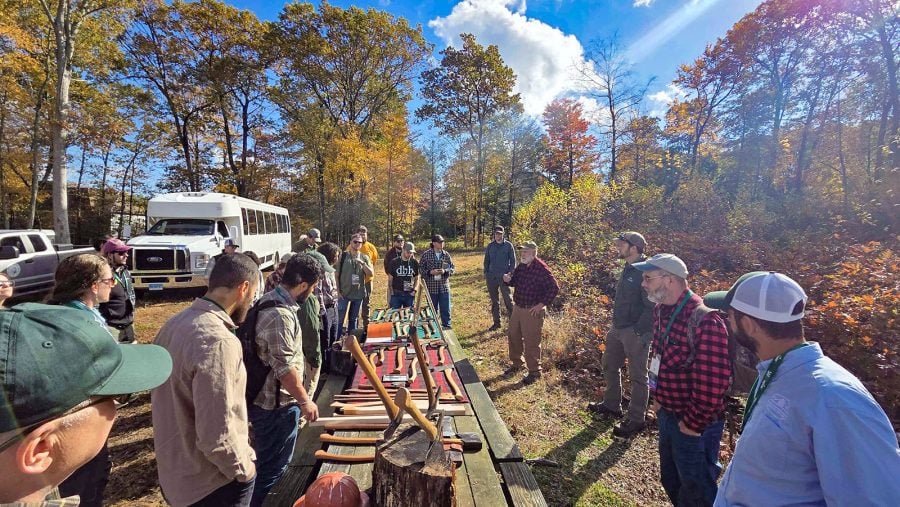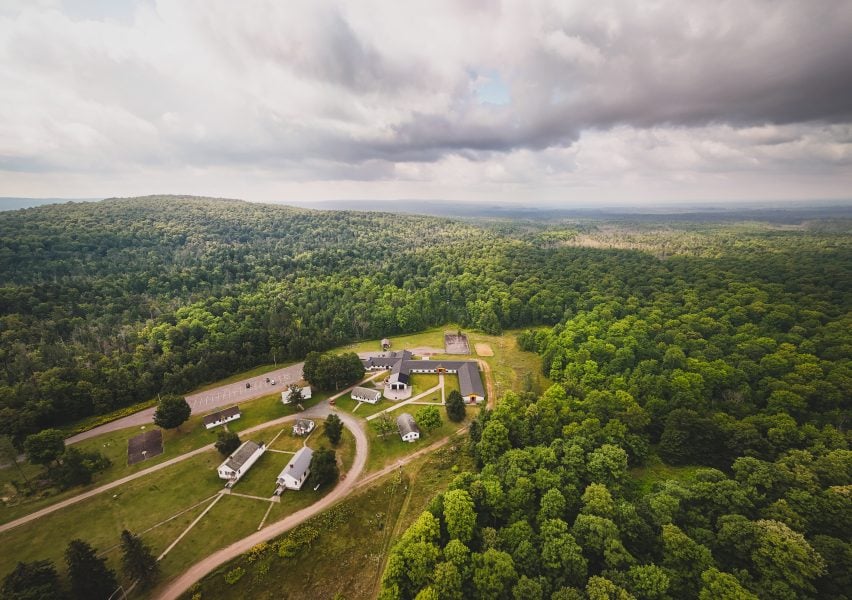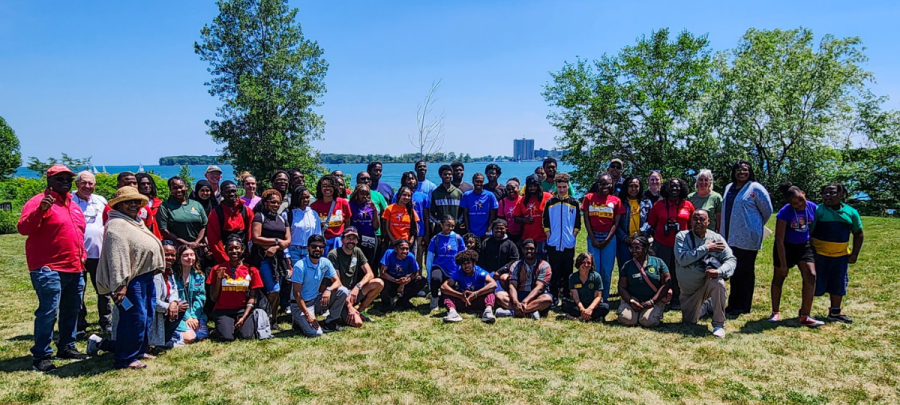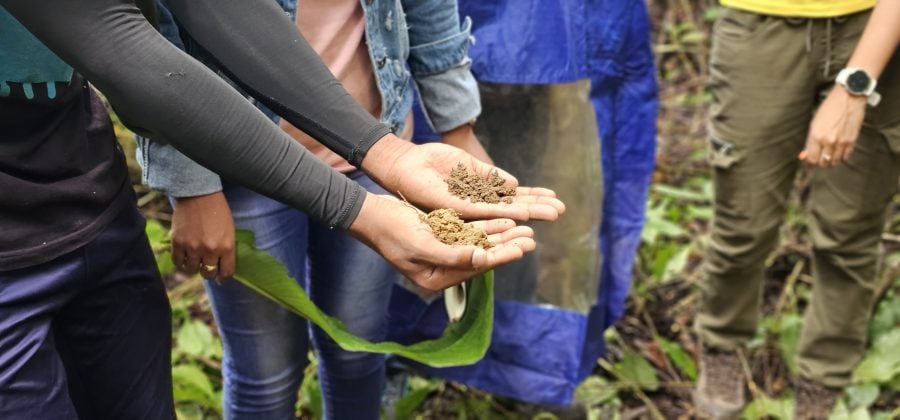
The College of Forest Resources and Environmental Science was well-represented at two national conferences this fall—the Society of American Foresters National Convention and The Wildlife Society’s Annual Conference.

The College of Forest Resources and Environmental Science was well-represented at two national conferences this fall—the Society of American Foresters National Convention and The Wildlife Society’s Annual Conference.

Michigan Tech’s College of Forest Resources and Environmental Science is delighted to partner with the Baraga County Historical Society (BCHS) to open the Alberta pump house to the public as the Historic Ford Welcome Center and celebrate the preservation of the historic Ford Alberta sawmill. A ribbon-cutting ceremony will take place at the pump house at 3 p.m. on Friday, September 12, marking a significant achievement in preserving and honoring the location’s rich history.
“It’s really important that the Baraga County Historical Society has a physical presence on the Alberta campus,” said Mark Rudnicki, Ford Center and Forest director and a professor of practice in forest biomaterials. “They’ve played a leading role in fundraising for the sawmill restoration to date and I very much look forward to seeing their continued success.”
The Ford sawmill and pump house, located 10 miles south of L’Anse, Michigan on US Highway 41, has been an icon of Upper Peninsula Ford history since its establishment 90 years ago. BCHS said the opening of the pump house as the Historic Ford Welcome Center and the preservation project of the sawmill is pivotal to the legacy of Henry Ford in Baraga County and ensures that future generations can appreciate and learn from these important pieces of our history.
“We are proud to celebrate the preservation of the Ford Alberta sawmill and the opening of the Ford Welcome Center,” said Paula McElroy, president of BCHS. “This project, spearheaded by chairperson Mike DesRochers and his Historical Society committee, reflects our commitment to preserving our local history for present and future generations and contributing to the cultural enrichment of our community.”
The ceremony will feature remarks from Michigan Tech and BCHS leaders and special guest Todd Bryan, president of the Henry Ford Heritage Association. Attendees will have the opportunity to tour the former pump house as the new Historic Ford Welcome Center, now a satellite of the Baraga County Historical Museum, meet with preservation committee members to learn more about the history and significance of the site, and enjoy light refreshments.

In this guest blog by College of Forest Resources and Environmental Science Dean David Flaspohler and Michigan Technological University Vice President for Community Engagement Wayne Gersie, learn more about a program designed to bring Science, Technology, Engineering, and Math (STEM) education to students in an environmental framework that they might not otherwise experience.
Michigan Technological University recently wrapped up an immersive summer learning experience that began with a gathering in the Upper Peninsula and extended to outreach in Detroit.

This February, Michigan Tech faculty traveled to Suriname to build connections and help train the next generation of scientists and researchers. Their trip was phase two of the U.S. Embassy-funded grant project focused on fostering sustainable development and promoting ethical research practices in the country. Suriname is also the home country for Wayne Gersie, Michigan Tech’s vice president for community engagement and professor of practice in the Department of Psychology and Human Factors in the College of Sciences and Arts.